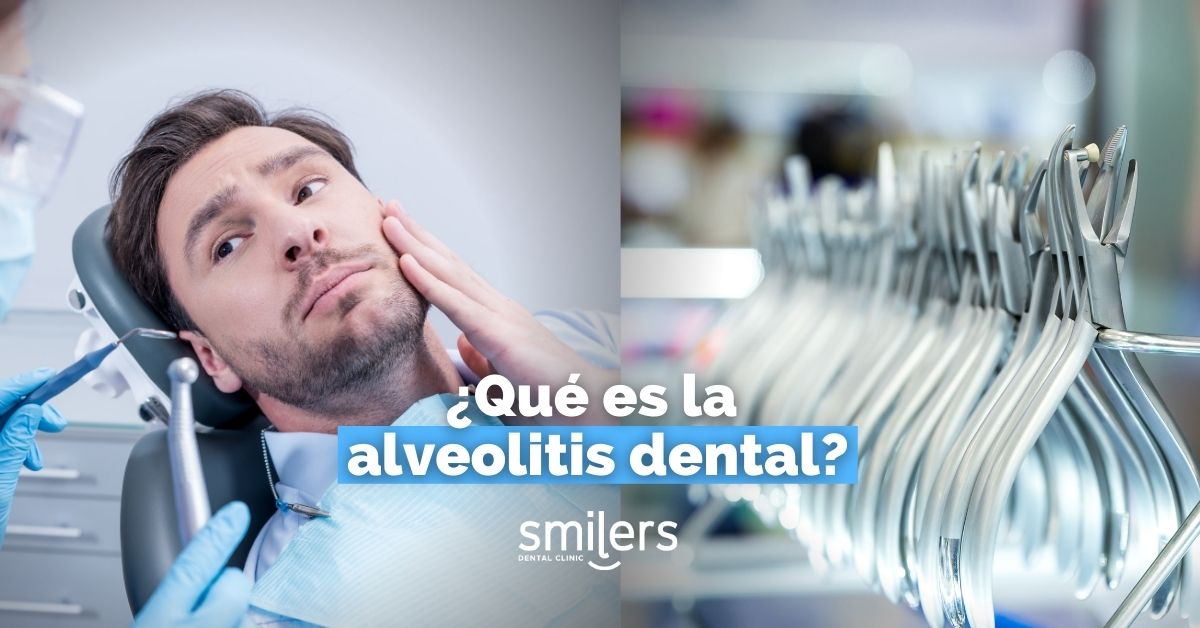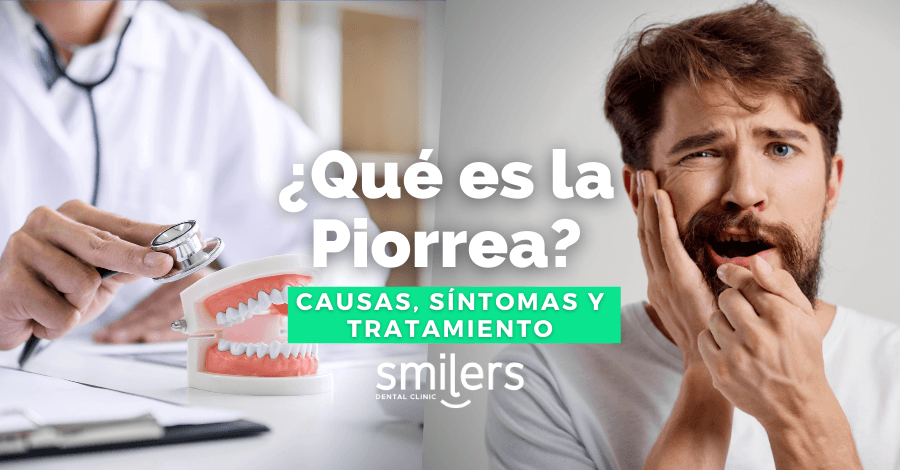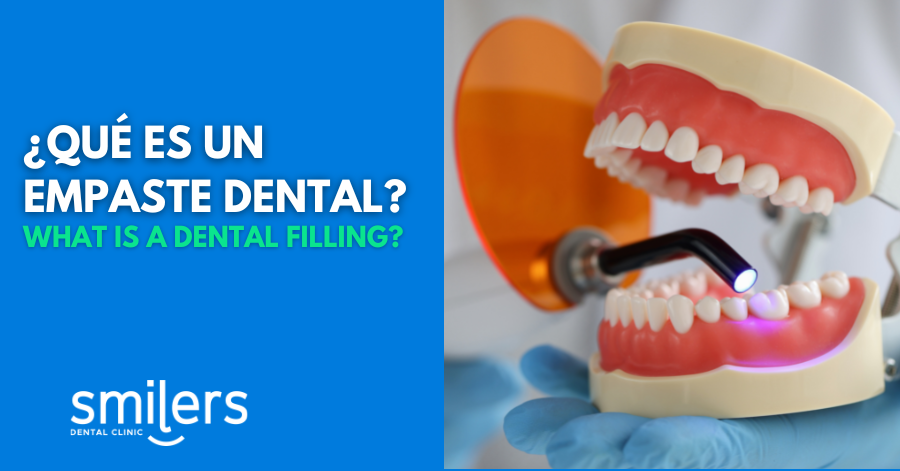Dental alveolitis is a complication that occurs after tooth extraction, a situation that does not occur frequently. Despite this, in this article we will talk about this pathology, as well as share a series of tips that will be very useful to avoid dental alveolitis.
What is dental alveolitis?
Dental alveolitis can be defined as a localised and reversible infection that occurs after tooth extraction (usually within 24-72 hours after extraction).
To understand the cause of this pathology, it must be taken into account that after a dental extraction, a blood clot is produced in the gap that is left free. The clot will help us to protect the treated area, but if it does not form or breaks, the alveolus will be exposed, which means that it will be exposed to bacteria as well as any external agent that could cause infection. In fact, dental alveolitis corresponds to inflammation and pain in the area due to infection.
Types of dental alveolitis
It is now time to get to know the different varieties of dental alveolitis that exist. Firstly, we have dry alveolitis, whose main peculiarity is that the infection is caused by a lack of clot.
We are now talking about the variety known as wet alveolitis, which unlike the dry variety, the alveolus has an accumulation of blood, which stands out mainly because it is of a much darker colour than usual.
What are the symptoms of dental alveolitis?
We are now talking about the symptoms that indicate that the patient suffers from dental alveolitis and the most common sign is acute pain that appears after 24 or 48 hours.
It is important to clarify that after an extraction, some discomfort or slight pain will be felt in the area where the extraction has taken place, however, in the event of experiencing acute pain, it is very likely that we are talking about a case of dental alveolitis, and it is vitally important to go to a specialist quickly for treatment.
A bad taste in the mouth is another common symptom of dental alveolitis.
In summary some of the symptoms are:
- Acute pain.
- Bad taste in the mouth.
How can we prevent dental alveolitis?
As is the case with the vast majority of dental pathologies, we must talk about the importance of prevention as the best weapon to prevent dental alveolitis. One of the most effective tips to prevent this pathology is not to smoke for several days after extraction.
Smoking, as well as age or the use of oral contraceptives, are the main risk factors for alveolitis, mainly the dry variety. To understand the relationship between this infection and smoking, it is important to know that smoking delays both healing and the healing process, while in the case of the age factor it should be noted that older people will have a higher probability of alveolitis compared to younger people.
How is dental alveolitis treated?
The first step is to see a specialist to clean the affected area with saline solution to eliminate any residue located in the alveolus. He or she will also administer drugs (both analgesics and antibiotics) for the infection. On the other hand, the importance of mouthwashes with chlorhexidine should also be mentioned. In short, it is estimated that the treatment of dental alveolitis lasts between 10 and 15 days.
This post is purely informational and does not replace a consultation with the dentist in any way. Contact the smile agents team to schedule an appointment with one of the dentists at Smilers Dental Clinic.



